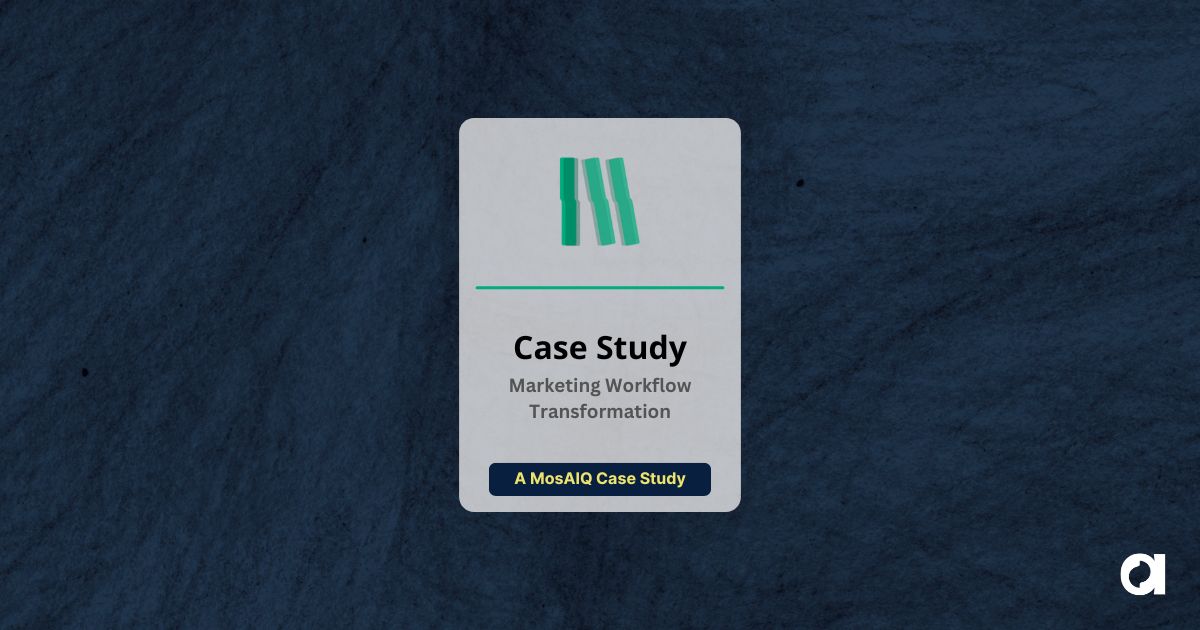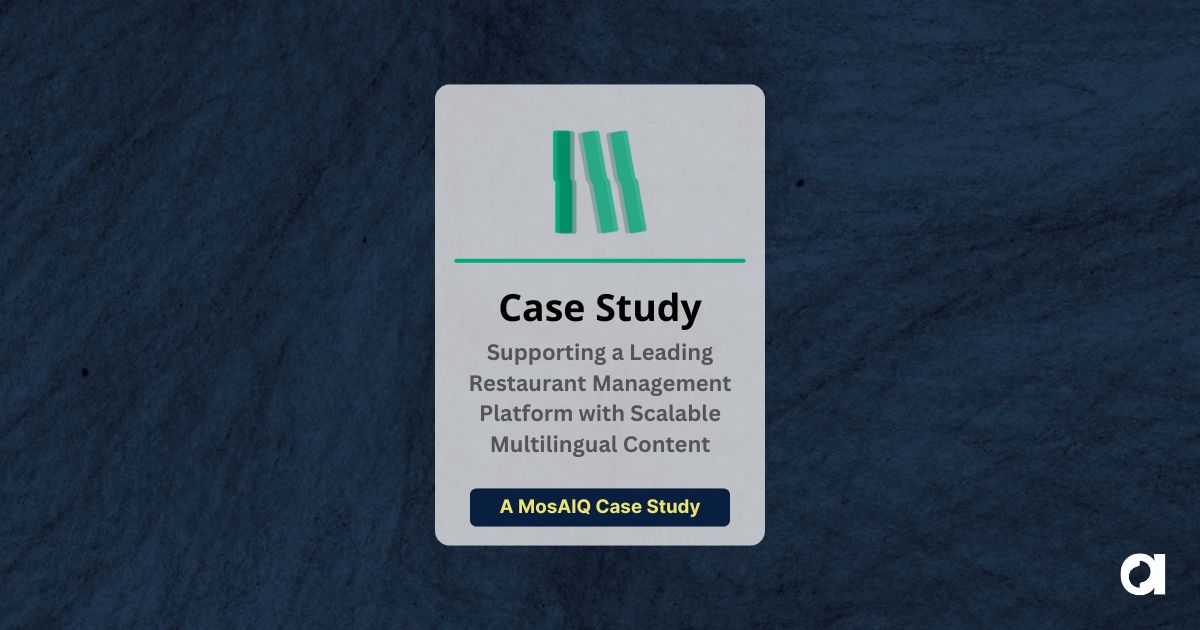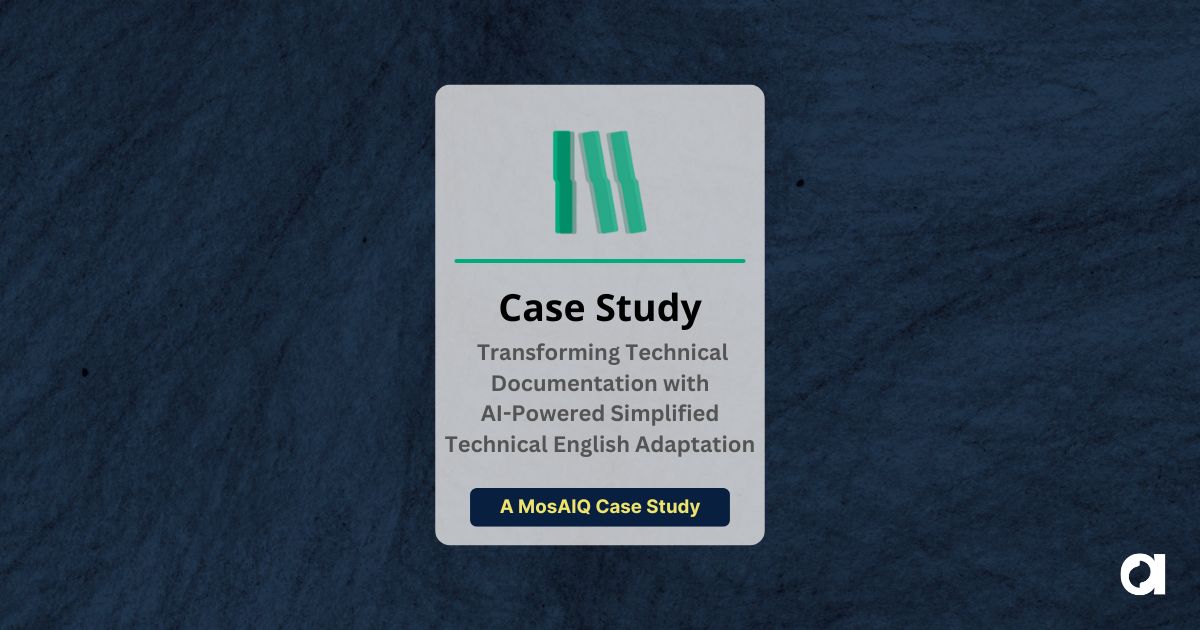This post is based on the Global Ambitions episodes “Transition Above Localization” with Minette Norman, Principal at Minette Norman Consulting; “Strategic Localization: Building a Sphere of Influence” with Hartmut von Berg, Head of Localization at LogMeIn; and “Establishing Localization as a Strategic Function” with Cristina Triviño, who was Marketing Localization Team Manager at Atlassian at the time of the recording. To hear Antoine Rey talk with each guest about evangelizing for localization teams in more detail, check out the full episodes!
Many localization managers working within a larger company or leading a team come from a translation background. One of the main differences between translation roles and localization management responsibilities is that localization managers need to evangelize their work within a business.
Whether you’re starting a new localization team within a company, or your company is reorganizing the reporting structure for your localization team, building a mature localization strategy requires that you have a sphere of influence to advocate for your team’s value.
We’ve collected advice and guidance from three localization management experts—Minette Norman, Hartmut von Berg, and Cristina Triviño—about translating your localization team’s impact into higher levels of influence.

Master the basics of localization
In the first year or so, you’ll need to establish your unit’s reputation for quality and success. Having a streamlined localization process will set your team up to evangelize efficiencies down the road. So getting your localization house in order is vital. The mindset and skills of a translation background will serve you well here: establish an integrated process with continuous delivery, aim for the highest quality possible, leverage machine translation when you can, and all the things you’d typically do to ensure consistent quality for a client.
From that strong foundation, you can then begin thinking about your team’s value proposition and the other teams or strategic functions you support.
Find your friends and collaborators to join your sphere
Maintaining relationships across the company is key to transforming how your organization values localization. Your colleagues need to understand how localization brings value to the overall business; to do that, they need to know who you are and what you do.
You should be able to answer questions like:
- What are the objectives of the teams you support?
- How is your localization expertise embedded within those teams’ strategies?
- How does your strategy fit into the strategy of the teams you support?
- How do you contribute to the overall business and the company’s overall goals?
- What drives the goals of your company’s stakeholders?
- How do you support revenue-driving initiatives?
Essentially, you’re looking to identify other teams’ needs and offer your localization expertise as a solution to their needs.
For example, you might build relationships with your company’s software development team, to highlight how internationalization engineers can help prepare code for global markets. Cross-functional partnerships like this build credibility and allow your team to demonstrate how localization can support business goals.
 |
Minette Norman Transformational Leadership Consultant“One thing we did is we actually embedded our internationalization engineers in the Dev teams and helped them actually do the work of internationalizing their software and that was one way we really established, first of all, very trusting relationships with the development teams.” |
In general, try to align your localization team with the people and functions that drive international business and growth. Reach out to business units beyond your immediate team and start conversations about how your work can assist other teams.
Communicate your value—transparently
As you’re building lateral relationships, it’s also important to communicate your team’s value to leadership and across the company. Whether your company has had localization teams for years or whether the localization team is brand-new, you may need to counteract some misconceptions about localization.
For example, since localization is a revenue accelerator rather than a revenue generator, you’ll want to be very transparent about how your team’s budget is being spent—especially how it’s driving revenue downstream. Identifying the value you bring to the company is part of being transparent about how money is being spent. How does an investment in a localization team lead to better growth across the board, or streamline a function for greater efficiency?

When crafting a value proposition, think in terms of customer experience as well as revenue. How does localization improve customer experience and drive customer retention?
Once you have these talking points in hand, start to regularly communicate with key decision-makers in your company. You might meet with your C-suite quarterly, write reports for product group leaders, or send out a short newsletter.
In your communication, you can highlight factors like:
- Specific ways that your localization team aided divisions or units
- New products your team released
- Quality reports
- New or improved collaborations with other teams
Build a network of localization advocates
Through the relationships you cultivate and your regular, transparent communications, you’ll begin to build a network of advocates who can spread the word about your value. Your advocates will be able to get your team the resources they need and will help your team continue to seize new opportunities.
 |
Hartmut von Berg Head of Localization at LogMeIn“The advice would be to really look out at what’s happening around you. Not only talk with your design target, with your target executive, and try to pave your way there. Also, talk with other people. What they think about this idea and how they see the whole function. Talk to stakeholder groups or internal customers, where they would see a localization function. So get supporters for your idea on a very broad level.” |
Your advocates aren’t just limited to the C-suite, however. Often, it’s your direct management that can be your best advocate. Not only will your direct management have the greatest familiarity with your team’s achievements and the value you bring, but they’ll also be able to open doors across the company.

To change processes and perceptions on a larger scale, it’s also essential to have a seat at the table with the heads of key business functions–marketing, finance, etc. Usually, your connection to these stakeholders will arise through your day-to-day interactions with partners and direct management.
 |
Cristina Triviño Marketing Localization Team Manager at Atlassian (at the time of the recording). She is now the Director, Head of Localisation at Sprinklr“Try to be in whatever meetings that you can have a voice in. And that’s how you start, and that’s how you get them to understand, “Okay, I need this, and you need that.” And that’s how you start connecting the dots. That’s how you put the wheel in motion. It takes time, you know, but I think communication, as vague as it sounds, is key because that’s how you uncover what people are after. What are you after and what is a mutual gain in that game, you know?” |
Good communication is the foundation of each of these strategies. As a translator, internationalization manager, or localization expert, you already know the importance of language and listening to your audiences. Those aspects of translation work never stop being relevant, even as your team’s influence grows. Be present, try to listen and understand what’s important to your stakeholders, and make connections between what you hear.
 Argos Multilingual
4 min. read
Argos Multilingual
4 min. read
Video marketing is a powerful tool to drive traffic toward your website and generate more leads. Statistics show that 44% of people are more likely to buy a product or service after watching a video about it. With most of us on the go, the majority of videos watched are on mobile devices. However, it […]

 Argos Multilingual
2 min. read
Argos Multilingual
2 min. read
Argos Multilingual has been named one of the fastest growing LSPs in the last three years, according to CSA Research. We’re excited and planning to continue full steam ahead. Here’s what our CEO, Véronique Özkaya had to say: “At Argos, growth is a must. Growth enables us to keep our talent and give our employees […]












